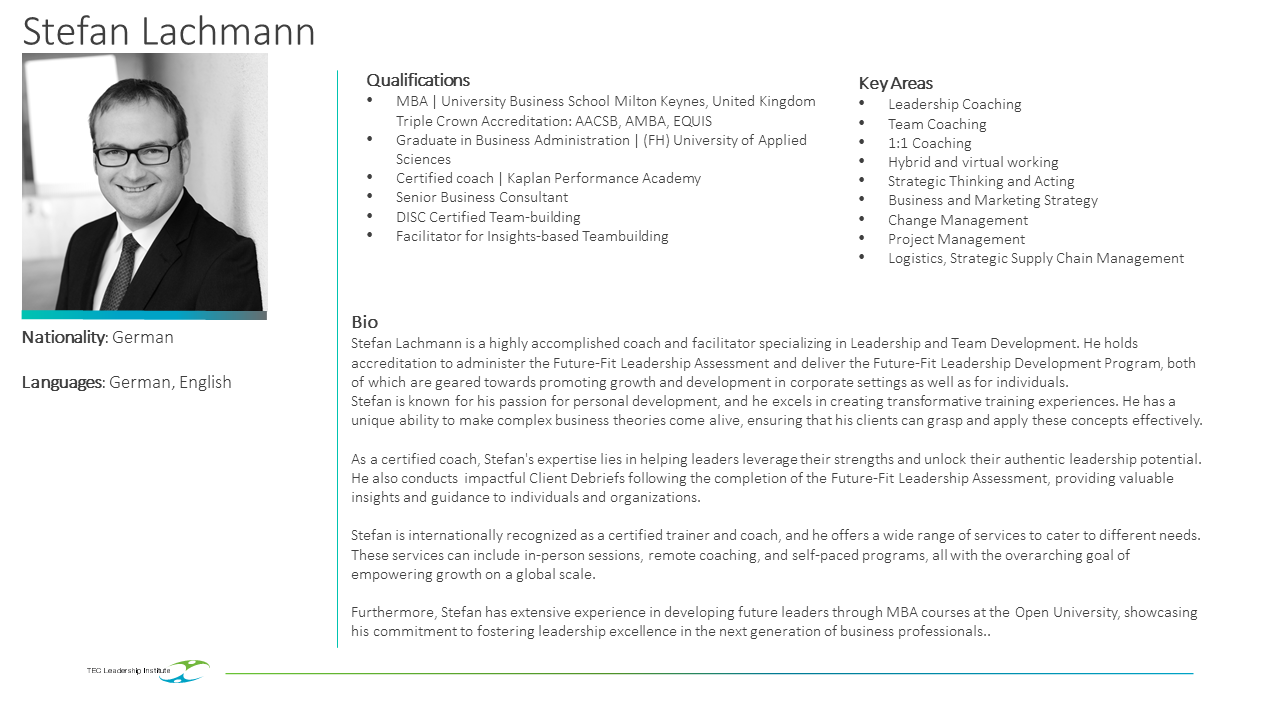What Are People Using AI for in 2025?
- September 3, 2025

Artificial Intelligence (AI) has moved from a futuristic concept to an essential part of both work and daily life. In 2025, AI is no longer just a productivity enhancerit has become a personal assistant, creative partner, and decision-making ally across industries and roles. According to recent research, 75% of knowledge workers now use AI tools regularly, while 91% of organizations have adopted at least one AI technology. The impact is undeniable: employees save on average 3.5+ hours per week and businesses report productivity gains of up to 40%.
The Six Key Areas of AI Use in 2025

Personal and Professional Support (30%)
Employees increasingly use AI as a digital assistant helping them manage calendars, prepare for interviews, plan workouts, and even navigate parenting challenges. This category nearly doubled in just a year, showing how AI has become a trusted everyday partner for both life and work.
Content Creation and Editing (18%)
From email drafting and ad copy to social media posts and business plans, AI tools are now standard in marketing and communications. Teams report faster turnaround and more creative experimentation helping them keep pace with growing digital demands.
Learning and Education (16%)
AI-powered tutors and adaptive platforms like MagicSchool.ai simplify complex topics and personalize study paths. For employees, this means continuous skill development a must-have in a rapidly changing workplace.
Technical Assistance (16%)
AI empowers not only IT teams but also everyday employees. Workers use it for Excel formulas, code generation, data analysis, and troubleshooting, reducing dependency on technical support and boosting confidence.
Creativity and Recreation (11%)
AI adds inspiration to work and leisure. Employees turn to it for story ideas, cooking recipes, music, or visuals valuable for creative teams that need fresh perspectives at scale.
Research and Decision-Making (9%)
AI supports employees in summarizing reports, identifying data patterns, and generating insights. Leaders rely on AI dashboards to make faster, more informed decisions.
Industry-Specific Applications
AI adoption looks different across industries, but the transformative effect is consistent:
Healthcare
AI-powered diagnostics achieve up to 98% accuracy, often outperforming human radiologists in image analysis.
Education
AI automates grading and delivers personalized lesson plans, supporting both teachers and students.
Business & Marketing
E-commerce platforms report 10–30% revenue growth from AI recommendation engines, while dynamic pricing models increase margins
Entertainment
Netflix’s recommendation engine, powered by AI, drives 80% of streamed hours, while AI tools support scriptwriting and special effects.
Smart Homes
The market is projected to hit $222 billion in 2025, with voice assistants evolving into proactive, emotionally intelligent companions
Why This Matters for Leaders
Employee AI adoption is no longer optional it’s a reality shaping the future of work. For leaders, this shift means:

Our training programs give staff practical skills to integrate AI tools responsibly and effectively.
The Path Ahead
In 2025, employees use AI for everything from scheduling tasks to driving innovation. The organizations that thrive will be those that equip their workforce with the right knowledge, skills, and ethical frameworks to use AI confidently.
Emerging trends point to even deeper integration of AI in employee roles:
– handling multi-step workflows across supply chains and customer service.
– interpreting text, images, video, and audio together.
– adapting to individual communication styles for more natural collaboration.
– from drug discovery to climate solutions, accelerated by AI innovation.
For organizations, the message is clear: AI is here to stay. The difference between thriving and lagging behind will depend on how well leaders prepare their people.
We design training programs for employees and leaders to unlock the full benefits of AI in the workplace. Contact us today to prepare your teams for the AI-powered future.



